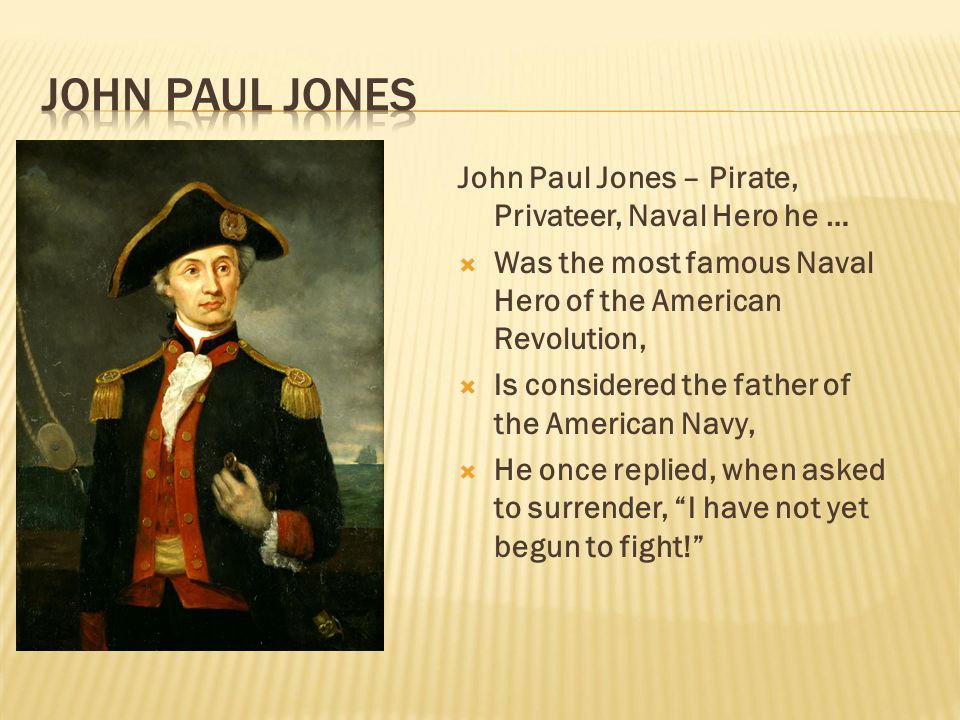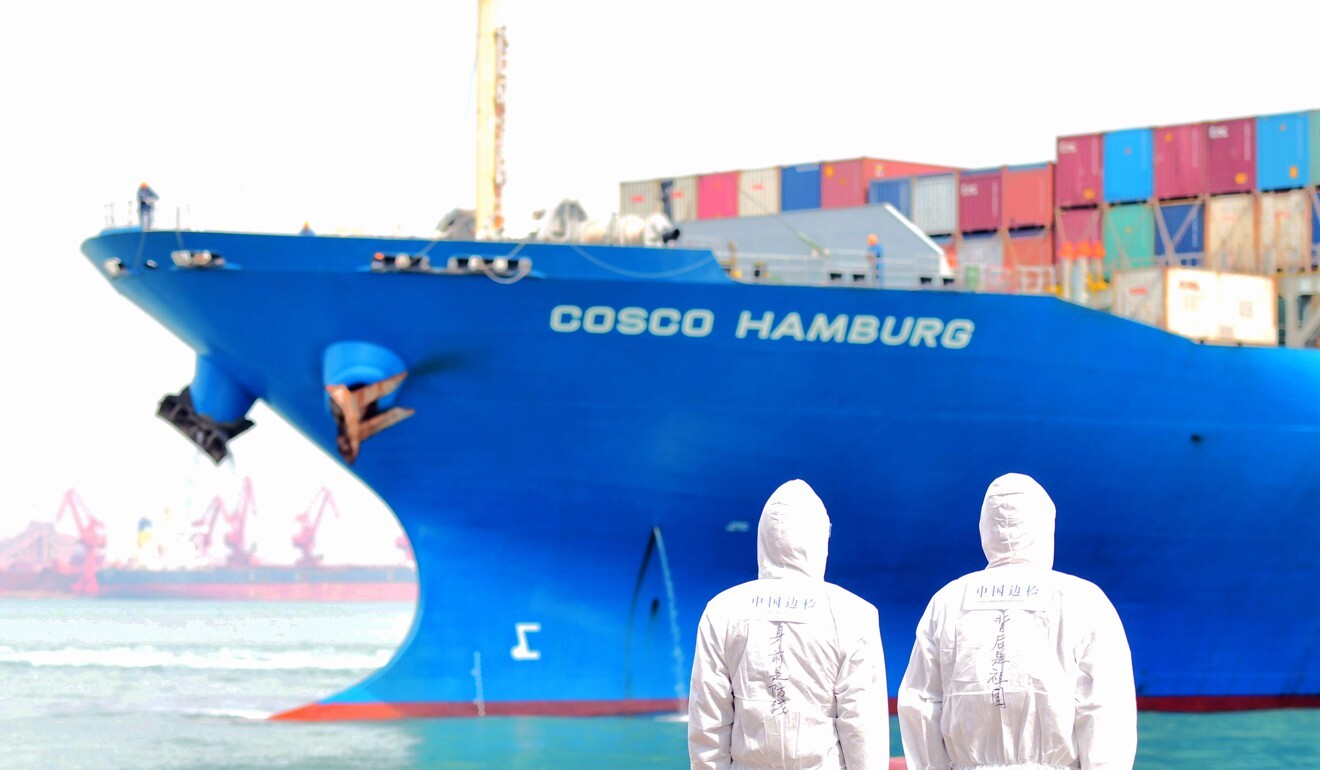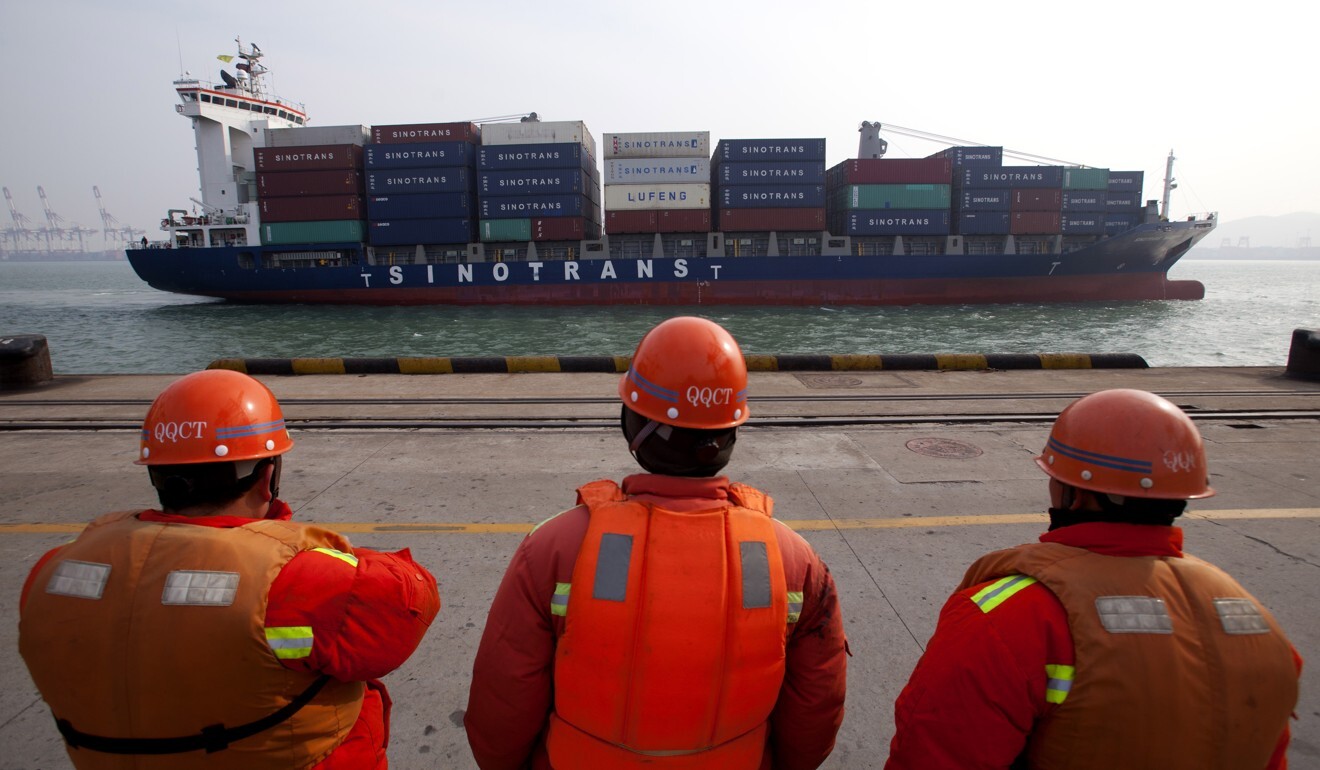
Magazine published by US Naval Institute features articles titled ‘Unleash the Privateers!’ and ‘US Privateering Is Legal’

But any such move would provoke a retaliation from China, military watchers say
Liu Zhen in Beijing and Kristin Huang Published: 10 Apr, 2020
The authors of the reports attack said an attack on China’s global trade would undermine its economy and threaten its stability.
The United States should encourage the use of privateers to fight Chinese aggression at sea, according to a pair of articles in magazine produced by the US Naval Institute.
The reports – titled “Unleash the Privateers!” and “US Privateering Is Legal”, and published in the April issue of Proceedings – suggest the US government issue letters of marque – a commission authorising privately owned ships (privateers) to capture enemy merchant ships.
The authors – Mark Cancian, a retired US Marine Corps colonel and senior adviser at the Centre for Strategic and International Studies (CSIS), and Brandon Schwartz, a former CSIS media relations manager – said that China’s larger merchant fleet represented an asymmetric vulnerability with the US, and an attack on China’s global trade would undermine its entire economy and threaten its stability.
Such a campaign would be a legal and low-cost way to contain China’s power rise on the sea, they said, adding that it could prevent, rather than provoke, a war.

The reports said privateering was legal under the US Constitution. Photo: DPA
Collin Koh, a research fellow from the S Rajaratnam School of International Studies at Singapore’s Nanyang Technological University, said the idea was “politically unsound”.
“That would be regarded as an outright provocation which would invite retaliation from China,” he said.
“And going by the UN Charter, it might even be construed as a use of force, and would invite international condemnation too.”

Privateering with a letter of marque dates back to a period from the mid-16th to the 18th century known as the Age of Sail, but was outlawed with the introduction of various treaties in the 19th and 20th centuries.
However, the authors of the Proceedings reports said that the US government never formally signed any agreements, and argued that the US Constitution gave Congress the power to “grant Letters of Marque and Reprisal”.
Although no such letters had been issued since 1907, that was due to “strategic and policy considerations rather than legal ones”, they said.
The authors did not say if China’s trillions of dollars worth of trade with the US should be exempted from attacks by pirates, but that probably was because it would no longer exist in a hypothetical scenario of the two nations already having decoupled.

Privateering with a letter of marque dates back to a period from the mid-16th to the 18th century known as the Age of Sail. Photo: EPA-EFE
Hong Kong-based military commentator Song Zhongping said that such decoupling, as advocated by American conservatives and far-rights, was a dangerous sign that it would place two nuclear powers in confrontation and even conflict.
“When the Americans decide to act tough against a so-called adversary or enemy, they will spare no effort and limit no means,” he said.
“Privateering on Chinese merchant ships may also be possible.”
Republican congressman Ron Paul raised the issue of using letters of marque against Osama bin Laden and Somalian pirates in 2007 and 2009, but did not succeed.
Julia Xue, chair professor of International Law at Shanghai Jiao Tong University, said the researchers argument was not valid.
“It has been customary international law, and the US is also bonded by it,” she said. “It was an incorrect interpretation of international law.”
Koh said the current policy elites were unlikely to seriously consider such a recommendation, but such articles represented the think tankers who advocated a much harder policy stance against China.
“If anything, it does reflect the growing schism between China and the US, as both countries see their ties sliding downhill under the cloud of strategic lack of trust,” Koh said.
No comments:
Post a Comment